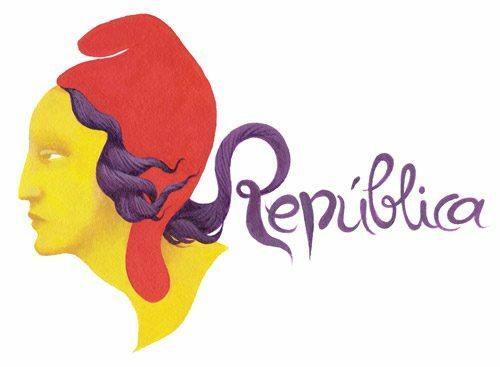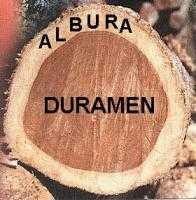Don Quixote, Donjuán and La Celestina
Literature / / July 04, 2021
Don Quixote, Donjuán and la Celestina (fragments) Ramiro Maeztu y Whitney
Let's read Don Quixote, for the moment, without a historical perspective. There is no news in it: this is how he has been reading it in Spain. Let us try to reconstruct the impression that the first reading of it leaves on us, if by chance we did not read it as a child, because then, by dint of laughing, we cannot understand it. Let us forget the immense critical literature that it has aroused. Let's read the lines, and not the between the lines. Works of art are not mysteries accessible only to the initiate, only expressions of communicable feelings. To better specify the nature of the emotions that Don Quixote makes us feel, let us compare them with the produced by another so fundamental work Don Quixote ate, and his own time: Ham-let, by Shakespeare. The first part of Don Quixote, which is the essential, was published in 1605; around the same year Ham-let was also put on stage for the first time.
What emotions would Hamlet arouse in the London bourgeois who went to the theater at the beginning of the seventeenth century, and what other Don Quixote de la Mancha to the Spanish soldier who at that time was reading it in the land of Flanders or Italy? In these times Ivan Turgenev has said that Hamlet is the "symbol of doubt." Don Quixote is the idealist that he works; Hamlet, the one who thinks and ^ analyzes. Few pages would have been devoted to the Spanish book as comprehensive and loving as those of the Russian novelist, that perhaps he loved Don Quixote so much for the same reason that he personally felt much closer to the type of Hamlet. It would be absurd to attempt a parallel between the two works that would attempt to rival his in spiritual finesse, but the need to do so
It depends precisely on the excellence of what Turgenev wrote because he is not content with presenting us the heroes of Shakespeare and Cervantes as They appear at first reading, but rather reveals to us traits of his character, such as his sensuality and Hamlet's egotism, which only reflection reveals; and that of Don Quixote's supreme goodness, which is or may be evident all the time, but which hides behind his madness, his wit, his courage and his adventures, until it is revealed to us at the last minute, when Cervantes, tired of making fun of his hero, ends up not only loving him, but also discovering that he has loved him forever. Forget, if possible, everything that has been written about Don Quixote and Hamlet. Let's read these two works with simplicity.
The conception of Don Quixote. But when Cervantes returned to his homeland, he found that his merits were ignored. He had naively imagined that success in life should be directly related to merits ^ This is also believed by the Spanish people, who easily predict prosperity for talents. Perhaps Cervantes did not notice that we Spaniards feel so much pity for the mediocrities that we will never tolerate
that he strip them of their positions, to make way for their abilities.
The fact is that this hero and poet, aware of the excellent harmony of being everything, body and soul, reaches fifty years of his age, a date on which little more or less, the central thought of Don Quixote completely failed appears in his mind: as a military man, since he did not progress in the career of the weapons; as a writer, because his comedies do not allow him to live with decorum; as a career man, since he makes a living collecting bad debts; as a man of honor, because he is a prisoner, and even as a man, since he is crippled.
At fifty years old, Cervantes turns his eyes back and looks at himself. What does he find? His youthful ideals were generous; his arm supported them fearlessly; And despite them, he finds himself a failure. Blame others? Self-blame? "More versed in misfortunes than in verses", as he says of himself in the scrutiny of the bookstore; in taking stock of his past life, he notices the practical uselessness of his dreams, his ideals, his chivalric books, his adventures, his heroic courage. And on that melancholic and gray day the conception of Don Quixote de la Mancha was born in Cervantes' mind.



